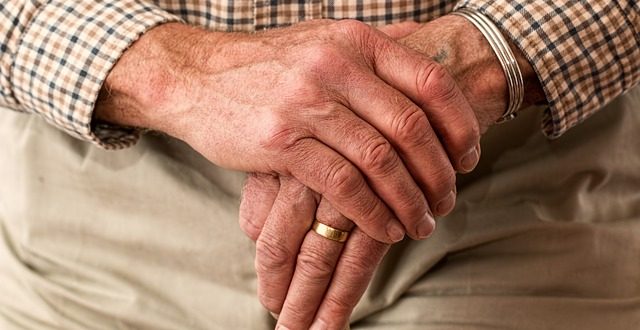We like to think that the people around our elderly loved ones are kind and responsible. Fortunately, in the majority of cases, they are getting quality care. However, elder abuse happens more than you might think. “Approximately 1 in 10 Americans aged 60+ have experienced some form of elder abuse. Some estimates range as high as 5 million elders who are abused each year. One study estimated that only 1 in 14 cases of abuse are reported to authorities,” according to ncoa.org. Additionally, many of these cases are serious enough to end up in court. Law firms such as Garcia Law even have elder law attorneys who specialize in these types of cases. Here are 4 things you need to know about elder abuse.
Elder Abuse #1: Awareness
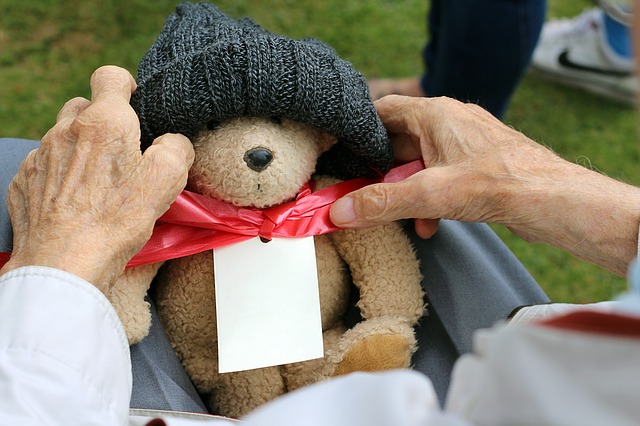 Naturally, it’s worrying to think that someone you love may be experiencing abusive treatment. Understand that you may not even know it’s happening. All too often, elderly people are reluctant to speak out about mistreatment. They may not want to make a fuss or they fear their abuser. It could also be a case where it’s someone in the family that’s abusing them. In other cases, particularly where financial abuse is involved, the victim may not even know what is happening.
Naturally, it’s worrying to think that someone you love may be experiencing abusive treatment. Understand that you may not even know it’s happening. All too often, elderly people are reluctant to speak out about mistreatment. They may not want to make a fuss or they fear their abuser. It could also be a case where it’s someone in the family that’s abusing them. In other cases, particularly where financial abuse is involved, the victim may not even know what is happening.
It is, therefore, important to know the forms that elder abuse can take, and what to look out for. It’s important to do background checks and get referrals for everyone who takes care of your loved ones, even if they are family or friends. You never know what lurks in someone’s past. This goes for facilities as well.
Elder Abuse #2: Types of Abuse
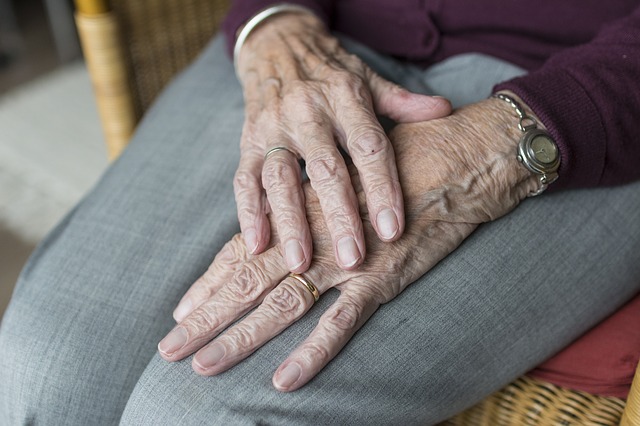 There are many types of elder abuse, but here are some of the most common:
There are many types of elder abuse, but here are some of the most common:
- Neglect- Caretakers fail to give adequate care and attention. This can include not keeping them clean and well fed, neglecting to administer medicine or other medical care, and failing in any other responsibilities.
- Physical abuse- Violent or threatening physical behavior against the victim.
- Financial abuse- This is where the perpetrator manipulates the victim into giving them money or valuables, steals from them, or cons them into investments.
- Emotional abuse- Psychological or emotional cruelty to the victim.
- Verbal abuse- Speaking in harsh tones or yelling. Saying cruel things the demean the victim on a regular basis.
- Sexual abuse- this is fondling, touching, intercourse or other sexual activity that is not authorized or cannot be consented due to medical, emotional, or other cognitive limitation.
Elder Abuse #3: Signs
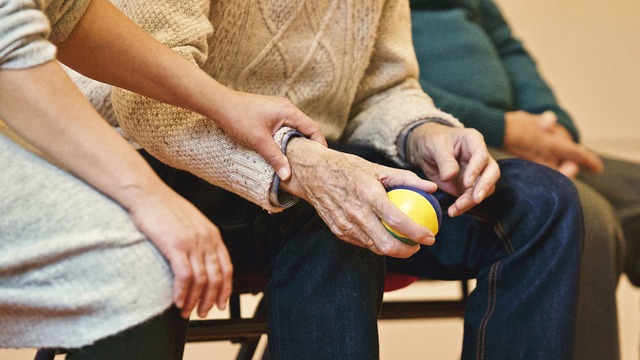 It can be difficult sometimes to get an elderly person to tell you what is going on. This is even more of a problem if Alzheimer’s or dementia has taken cognitive ability. This means you have to keep your eye out for changes in mood or behavior. Do they seem nervous or frightened? Is there someone in their home they seem to be afraid of?
It can be difficult sometimes to get an elderly person to tell you what is going on. This is even more of a problem if Alzheimer’s or dementia has taken cognitive ability. This means you have to keep your eye out for changes in mood or behavior. Do they seem nervous or frightened? Is there someone in their home they seem to be afraid of?
Look out for other signs as well. While elderly people can be prone to injury, bruising, scrapes, burns, and rashes are still something to ask about. Any signs of neglect should also be taken seriously. Are their clothes clean? How about their hair and skin?
Signs of Financial Abuse
Financial abuse can be the hardest of all to spot. Often the elderly person isn’t aware that money is missing or that they’ve been conned. They also may simply think they have misplaced something that has been stolen. Be sure to talk to them about financial decisions. You can also take inventory of valuables they have in their home or room. If they are unusually short of money, this may be a warning sign of financial abuse.
Elder Abuse #4: Communication
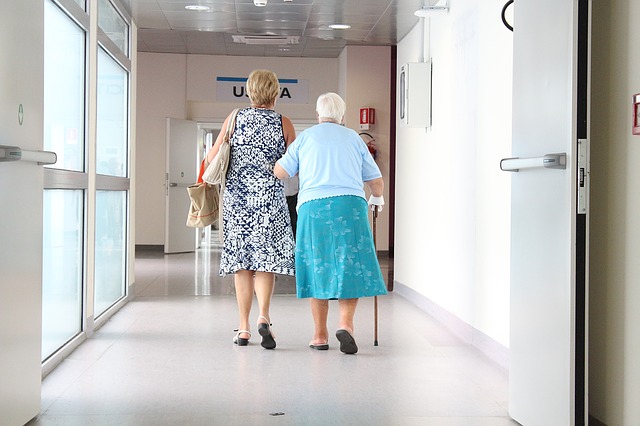 Talk to your loved one about what they are experiencing on a daily basis. Give them a safe place to speak up about anything that’s bothering them. It might seem like something small, but small red flags could be warning signs of future abuse. Additionally, if you are the main caregiver, allow your loved one to express themselves about your care and their environment. Your willingness to listen and change things will create trust and a supportive relationship.
Talk to your loved one about what they are experiencing on a daily basis. Give them a safe place to speak up about anything that’s bothering them. It might seem like something small, but small red flags could be warning signs of future abuse. Additionally, if you are the main caregiver, allow your loved one to express themselves about your care and their environment. Your willingness to listen and change things will create trust and a supportive relationship.
 Women's Life Link Be Well, Be Happy, Be YOU!
Women's Life Link Be Well, Be Happy, Be YOU!
